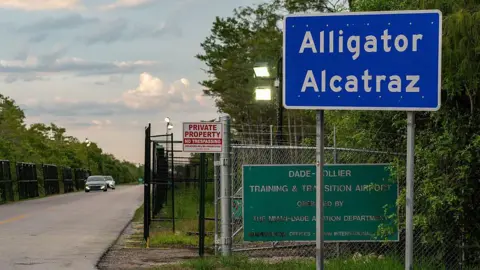After Decarlos Brown Jr. was arrested for the fatal stabbing of a Ukrainian refugee aboard a North Carolina commuter train, he was quickly sent to a state mental hospital for an evaluation. This event starkly contrasts with a prior arrest where significant delays hindered mental health evaluation despite Brown’s claims of being controlled by external substances.
The Justice Department has charged Brown, 34, for causing a death on a mass transportation system, where he allegedly killed 23-year-old Iryna Zarutska. Observers suggest that Brown's prior encounters with the justice system indicate missed opportunities for addressing his mental health needs. Kenneth Corey, a former department chief for the New York City Police Department, noted, I think there are multiple failed opportunities here in the mental health space and in the criminal justice space.\
Court records highlight that Brown previously faced charges including being a felon in possession of a firearm, but those cases did not progress to federal charges, thus limiting available resources for mounting a significant prosecution. Brown's case has become emblematic of broader concerns regarding crime in urban areas, as political narratives imply that Democratic-led cities foster environments for such violence.
In the aftermath of the tragedy, Charlotte's Mayor Vi Lyles stated that the city would cooperate with federal investigations into transit safety protocols, marking a renewed focus on security improvements in public transportation systems. Experts urge for a reevaluation of how mental health evaluations are ordered and executed, especially in cases involving individuals with acknowledged mental health issues.
The sequence of involvement suggests systemic shortcomings, as well as the need for a better-integrated response that considers mental health alongside criminal justice. Additionally, external pressures around urban crime narratives may complicate genuine discussions about mental health and public safety.



















